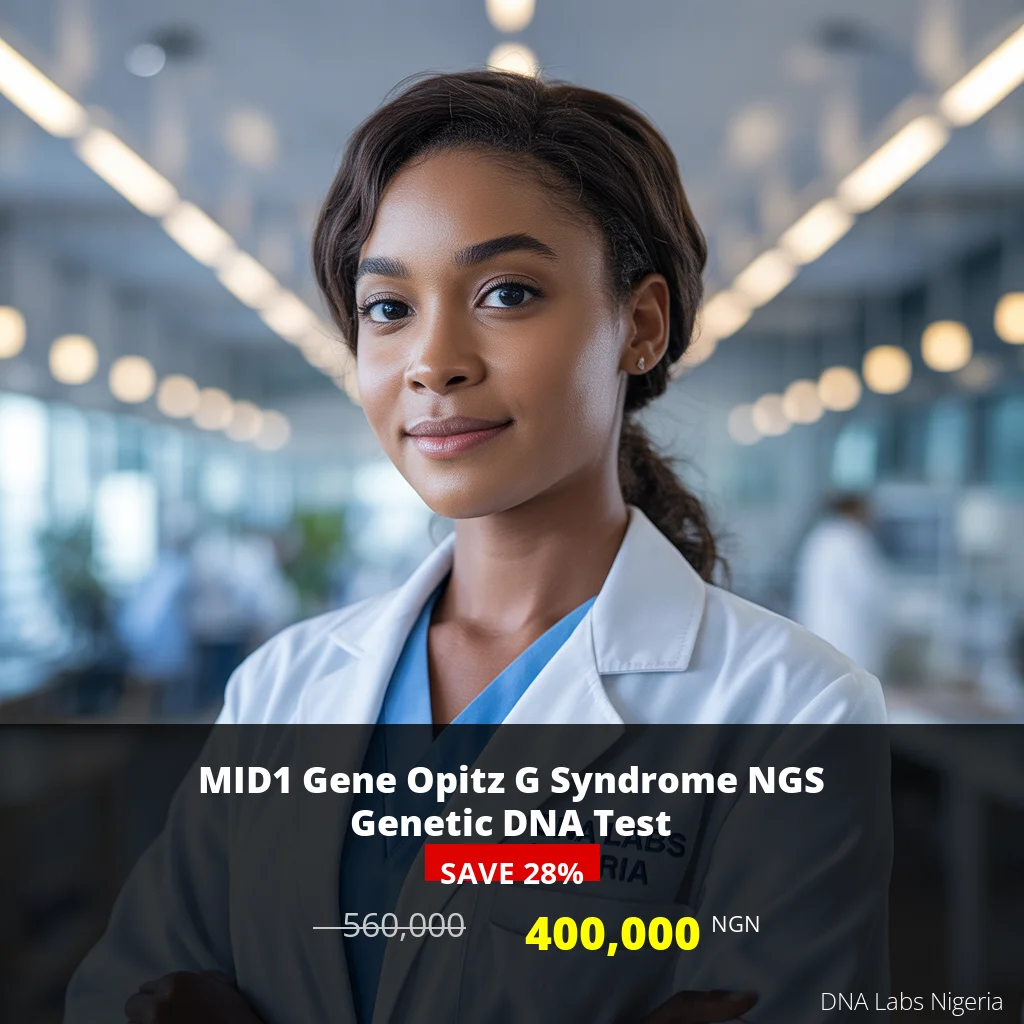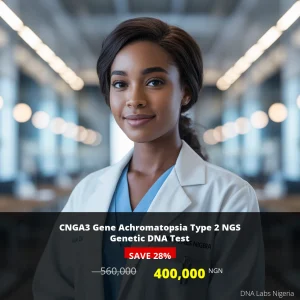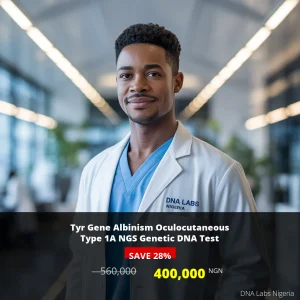MID1 Gene Opitz G Syndrome NGS Genetic DNA Test
Introduction to MID1 Gene Opitz G Syndrome NGS Genetic DNA Test
The MID1 Gene Opitz G Syndrome NGS Genetic DNA Test is a cutting-edge diagnostic tool designed to identify genetic mutations associated with Opitz G syndrome, a rare neurological disorder. This test utilizes Next-Generation Sequencing (NGS) technology to analyze the MID1 gene, which plays a crucial role in normal brain development. Understanding the genetic basis of this condition is vital for effective management and treatment.
What the Test Measures
This genetic test specifically measures mutations in the MID1 gene, which can lead to various developmental and neurological challenges. By detecting these mutations, healthcare providers can better understand the underlying causes of Opitz G syndrome in affected individuals.
Who Should Consider This Test
Individuals exhibiting symptoms of Opitz G syndrome, such as developmental delays, distinctive facial features, and other neurological disorders, should consider this test. Additionally, family members of diagnosed patients may benefit from genetic counseling and testing to assess their risk factors.
Benefits of Taking the Test
- Accurate diagnosis of genetic conditions.
- Informed decision-making regarding treatment options.
- Understanding familial risks and implications for family planning.
- Access to specialized care and management strategies.
Understanding Your Results
Interpreting the results of the MID1 Gene Opitz G Syndrome NGS Genetic DNA Test requires professional guidance. A positive result indicates the presence of a mutation in the MID1 gene, while a negative result suggests the absence of detectable mutations. It is essential to discuss results with a healthcare provider to understand their implications fully.
Test Pricing
| Price Type | Amount (NGN) |
|---|---|
| Discount Price | 400,000 NGN |
| Regular Price | 560,000 NGN |
Booking the Test
To book the MID1 Gene Opitz G Syndrome NGS Genetic DNA Test, please contact us at +2348110567037. Our team is ready to assist you in scheduling your appointment and providing any additional information you may need.
Important Pre-Test Instructions
Before undergoing the MID1 Gene Opitz G Syndrome NGS Genetic DNA Test, it is crucial to provide a clinical history and undergo a genetic counseling session. This session will help create a pedigree chart of family members affected by the syndrome, aiding in accurate interpretation of results.
Additional Information
Turnaround time for results is approximately 3 to 4 weeks. The test requires a sample type of blood, extracted DNA, or one drop of blood on an FTA card.







